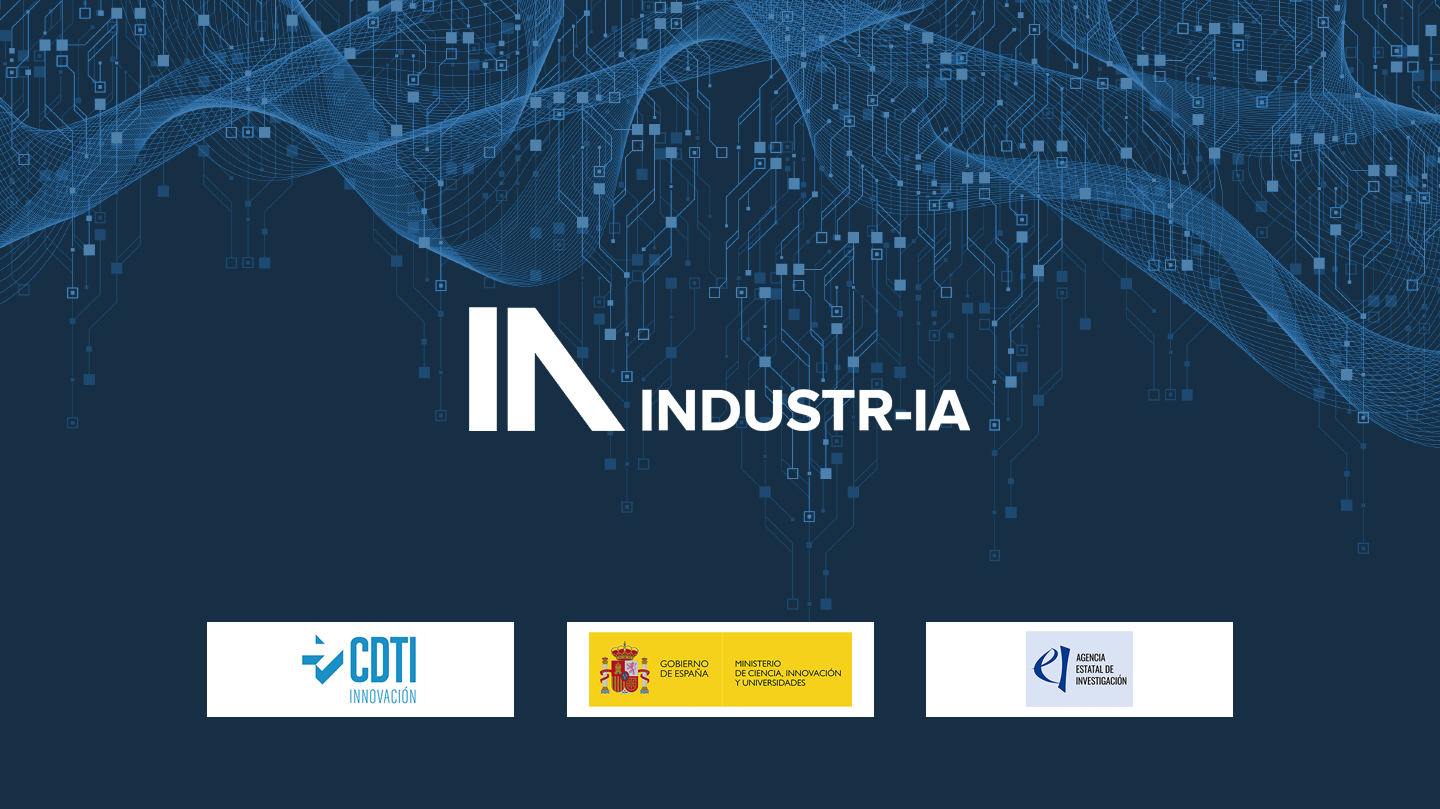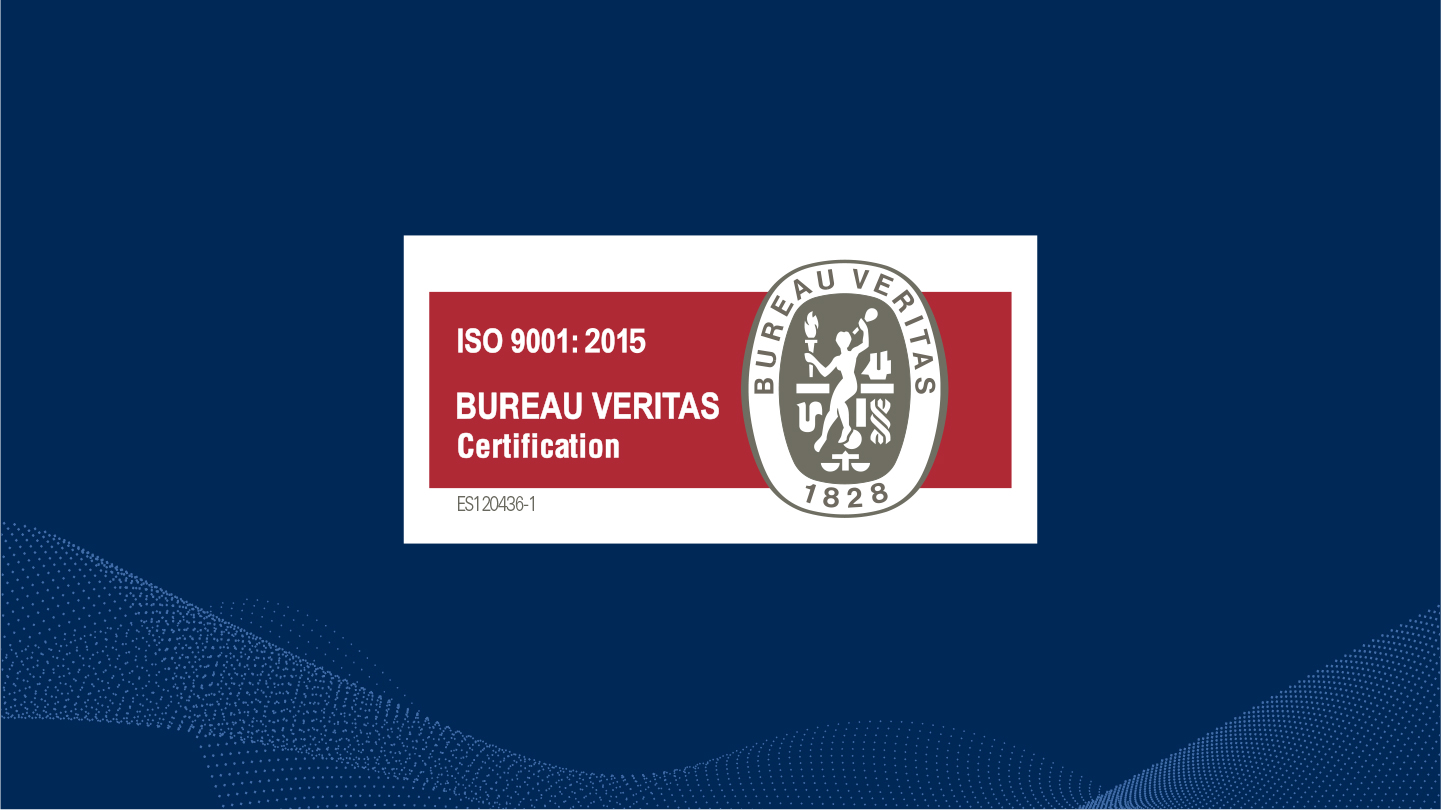.png)
26.03.2025 | Publications
A pioneering new research and innovation project titled "New Artificial Intelligence-Based Solutions for the Efficiency and Flexibility of Industrial Production" has officially launched, with the ambition of revolutionizing industrial competitiveness through the use of advanced, explainable Artificial Intelligence (AI) models and digital twin technologies.
Funded under the 2023 Science and Innovation Missions Program, this four-year project will explore a new generation of general-purpose AI frameworks designed to simultaneously enhance production, maintenance, and quality, while also optimizing energy consumption and enabling industrial participation in energy flexibility markets. Unlike traditional use-case-specific AI models, this initiative focuses on scalable, modular solutions that can be adapted across the industrial landscape.
The project is supported by two national funding bodies: the Centre for the Development of Industrial Technology and Innovation (CDTI), which funds the corporate partners, and the State Research Agency (AEI), which supports academic and research institutions. It boasts a total budget of €5,072,489.60, with €3.45 million by companies and €1.62 million by universities.
Built on a cutting-edge Industrial Internet of Things (IIoT) architecture, the project integrates Edge, Platform, and Enterprise layers, and leverages AI-enhanced systems such as Energy Management Systems (EMS) and Manufacturing Execution Systems (MES). These technologies will facilitate more intelligent decision-making and advanced planning in industrial environments, with a strong focus on predictive maintenance, zero-defect manufacturing, and energy efficiency.
The consortium driving this initiative represents a strong collaboration between academia, research institutions, and industry. Academic partners include Universidad Politécnica de Madrid (UPM), Universidad de Oviedo (UNIOVI), and the Barcelona Supercomputing Center (BSC)—all recognized leaders in AI and energy systems research. On the industrial side, the project is spearheaded by Aingura IIoT (CDTI project coordinator), alongside Etxetar, ZEO, Neinsa, Ecointegral, and Plexigrid, bringing practical experience in deploying innovative digital solutions in manufacturing environments.
The project is structured around six key activities:
- Research and design of flexible planning and dynamic sequencing modules
- Development of digital twin software
- AI-based technologies for predictive maintenance and zero-defect manufacturing
- Research on efficient energy management in industrial buildings
- Investigation and development of a virtual platform
- Deployment and validation through real-world use cases
By fostering a seamless integration of AI with energy and production systems, the project aims to set a new standard for industrial performance and sustainability, contributing directly to the digital transformation and environmental goals of both Spanish and European industries.



